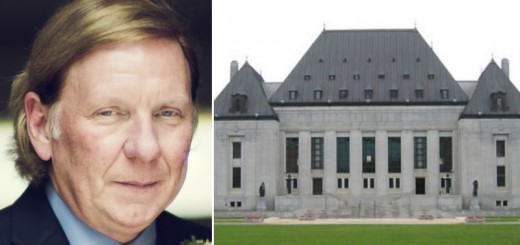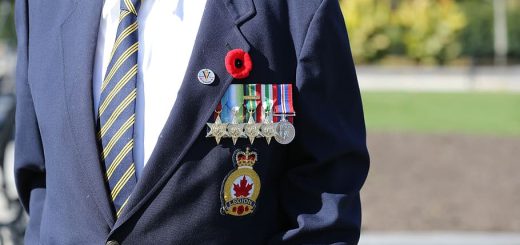The SCC Takes a Pass on Racial Profiling
Last Thursday, the Supreme Court of Canada (“SCC”) granted leave to appeal in five cases. The legal matters at issue in these cases have been the subject of notes written by Tom and Evan. However, in addition to these 5 ‘winners,’ the SCC also took a pass by refusing to grant leave in 8 cases. One of these was Garfield Peart and Earle Grant v. Peel Regional Police Services, Officer S. Ceballo (Badge No.1491), Officer Pedler (Badge No. 1702), (2006) 43 CR (6th) 175.
The narrow issues that would have been before the SCC, and that were before the Ontario Court of Appeal (“ONCA”), were whether the trial judge had a reasonable apprehension of bias, erred in fact and law in rejecting the appellants’ claim that they were the victims of racial profiling, made palpable and overriding errors in fact finding, and failed to afford the appellants a fair opportunity to respond to certain issues raised by the trial judge in his reasons. As many of these grounds of appeal were easily reduced to findings of fact and credibility made by the judge at trial, the original findings were accorded significant deference by the appellate court. As an appeal case, the judgment of the ONCA seemed almost routine in nature.
Yet, the ‘big picture’ issue in this case was racial profiling and there is something very unsettling about the judgment. Reading between the lines of the ONCA judgment left me with the defeatist and depressing notion that holding police accountable for their actions, in any forum, is virtually impossible.
After randomly running the license plate of the car that Mr. Grant and Mr. Peart were driving (and finding that it was not reported stolen), Officer Ceballo decided to pursue the car when it emerged from a gas station at an accelerated speed. What followed was a ‘mini’ police chase. Mr. Peart testified that he was too scared to pull over for the police officer and wanted to get to his home a short distance away where he felt it would be safer to talk with Officer Ceballo. Both men were subject to a high risk take down at gun point, transported to the police station, questioned (and they both allege beaten), Mr. Grant was strip searched, and Mr. Peart alleges he was coerced into becoming a police informant. Both were released three hours later without charges.
At trial, the judge made the following findings:
- The taped conversations between Officer Ceballo and police dispatch were destroyed and not available as evidence because the police service did not think they were relevant to the complaints made by Mr. Grant and Mr. Peart
- The police failed to take detailed notes
- The police failed to follow certain police internal directives
- The police failed to videotape (or failed to produce the videotapes) their questioning of either appellant
The high risk takedown in front of Mr. Peart’s house and the strip search of Mr. Grant were justified by the trial judge because Officer Ceballo had reason to believe the car was stolen and that the occupants were armed and dangerous. Yet, Officer Ceballo testified that when he originally ran the license plate of the car he discovered that it had not been reported stolen. The car did in fact belong to Mr. Peart but was registered at his cousin’s address.
In their testimony, the police officers acknowledged that both Mr. Grant and Mr. Peart may have suffered minor injuries, though neither officer could say for certain how or when these injuries had occurred.
Lastly, Officer Ceballo testified that he was unsure whether he knew the appellants were black before he saw them exit the vehicle at the gas station (and after he ran the license plate). This evidence was contradicted by his police notes and his evidence at discovery that he was aware of their race before this point in the encounter.
However, the trial judge chose not to draw any negative inferences about the officers’ behaviour and offered explanations for each of the above points – sometimes with rationalizations not offered by the respondents themselves. He found the officers to be credible witnesses and held that the allegations of racial profiling, unreasonable use of force, and mistreatment were all unfounded.
The set of circumstances in this case, namely the failure to videotape and take detailed notes, the strip search, the injuries etc. are all very troubling. Cumulatively, they beg for the drawing of inferences. Appeals are not the place for a re-weighing of evidence and the inability of the appellate court to engage with these facts except in cases of gross and overwhelming error may be a travesty, but it is the law. It highlights the fact that fleshing out allegations of police misconduct and racial profiling is a messy business. We need a better forum to air these sorts of grievances and to discuss serious claims like those made by Mr. Grant and Mr. Peart.
While it may be understandable for the SCC to take a pass on revisiting the well entrenched standard of deference with respect to the findings of fact of the trial judge, I am still surprised that in the current climate of increasing public concern with police accountability, and racial profiling in particular, that the SCC did not take this opportunity to weigh-in and flesh out some of these issues.








Join the conversation